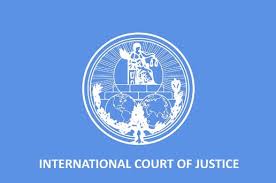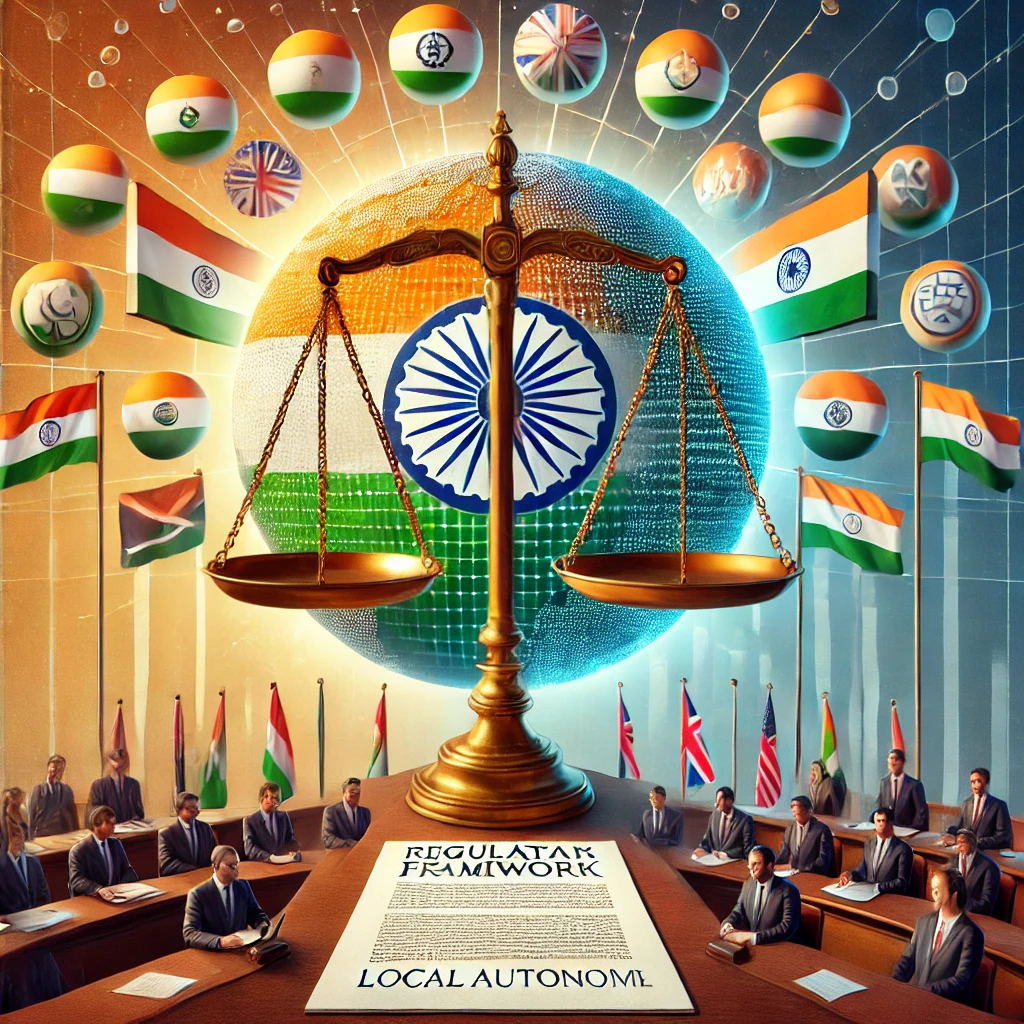Settlement of International Dispute Under UNO With Special Reference to Compulsive Means
Settlement of International Disputes Under the UNO
The United Nations plays a crucial role in maintaining international peace and security by providing mechanisms for the peaceful resolution of disputes between states.
Key UNO Provisions on Dispute Settlement
Chapter VI of the UN Charter (Articles 33-38):
Encourages peaceful settlement of disputes by negotiation, inquiry, mediation, conciliation, arbitration, judicial settlement, or other peaceful means.
Chapter VII of the UN Charter (Articles 39-51):
Authorizes the UN Security Council to take enforcement measures, including the use of compulsory means like sanctions or even military action to maintain or restore peace if peaceful means fail.
Peaceful Means of Settlement (Non-Compulsory)
Negotiation: Direct talks between parties.
Mediation: Third-party assistance to facilitate agreement.
Conciliation: Commission investigates and proposes terms.
Arbitration: Parties agree to be bound by arbitrators' decision.
Judicial Settlement: Referral to the International Court of Justice (ICJ) or other tribunals.
Compulsory Means Under the UNO
Compulsory means refer to measures that states may be obliged to accept or measures imposed by the UN to enforce decisions or maintain peace.
1. ICJ Jurisdiction and Compulsory Procedures
Optional Clause (Article 36 of ICJ Statute):
Some states accept compulsory jurisdiction of ICJ — meaning disputes can be referred to the ICJ without special consent each time.
Compulsory Jurisdiction:
If parties have accepted it, ICJ decisions are binding.
However, many states restrict acceptance or exclude certain disputes.
2. Security Council Enforcement Powers (Chapter VII)
When peaceful means fail, the UN Security Council (UNSC) can determine threats to peace (Article 39) and impose compulsory measures.
Measures include:
Economic sanctions (Article 41)
Blockades
Use of force (Article 42) — military intervention authorized by the UNSC
These are binding on all UN member states under the Charter (Article 25).
Limitations and Challenges of Compulsory Means
Sovereignty and Consent:
States may resist compulsory dispute resolution, especially judicial rulings or UNSC enforcement actions.
Veto Power in UNSC:
Permanent members can block enforcement measures, limiting compulsory action.
Limited ICJ Jurisdiction:
Not all states accept compulsory jurisdiction; thus, ICJ rulings are not always enforceable.
Summary Table
| Mechanism | Type | Binding? | Notes |
|---|---|---|---|
| Negotiation | Peaceful | No | Voluntary |
| Mediation/Conciliation | Peaceful | No | Voluntary |
| Arbitration | Peaceful | Yes, if accepted | Parties must consent |
| ICJ Judicial Settlement | Peaceful/Compulsory | Binding if jurisdiction accepted | Limited compulsory jurisdiction |
| Security Council Measures | Compulsory | Yes | Sanctions, military action under Chapter VII |
In brief:
The UN promotes peaceful dispute settlement first (Chapter VI).
If peaceful means fail, the Security Council can impose compulsory measures (Chapter VII).
ICJ decisions may be compulsory for states accepting its jurisdiction.
Political realities, state sovereignty, and veto powers often affect the use and effectiveness of compulsory means.
Do write to us if you need any further assistance.












comments